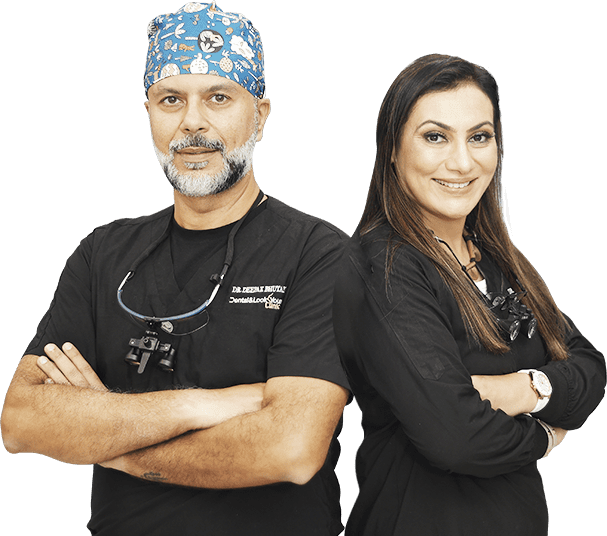FAQ
- Home
- FAQ
Get Your Answer Here
Lorem ipsum dolor sit amet, consectetur adipiscing elit. Ut elit tellus, luctus nec ullamcorper mattis, pulvinar dapibus leo.
Popular Topics
Lorem ipsum dolor sit amet, consectetur adipiscing elit. Ut elit tellus, luctus nec ullamcorper mattis, pulvinar dapibus leo.
FAQ
Frequently Ask Questions
Get Answers to Common Queries and make informed decisions about our Courses and offerings
Dental courses are educational programs designed to train students in various aspects of dental care, including diagnosis, prevention, and treatment of oral diseases and conditions.
Dental courses can range from undergraduate programs like Bachelor of Dental Surgery (BDS) to postgraduate programs like Master of Dental Surgery (MDS), as well as specialized diploma and certificate courses in areas such as orthodontics, periodontics, and dental hygiene.
Eligibility criteria typically include a high school diploma with a strong emphasis on science subjects (biology, chemistry, physics), entrance exams, and sometimes interviews.
Yes, most dental schools require entrance exams such as NEET (National Eligibility cum Entrance Test) in India, DAT (Dental Admission Test) in the USA, or equivalent tests in other countries
Required documents usually include academic transcripts, proof of entrance exam scores, letters of recommendation, personal statement, and sometimes proof of extracurricular activities.
The curriculum typically includes theoretical subjects like anatomy, physiology, biochemistry, pathology, and microbiology, along with practical training in dental procedures and patient care.
An undergraduate dental program usually takes 4-5 years, while postgraduate programs can take an additional 2-3 years.
Yes, practical training and clinical rotations are essential components of dental courses to provide hands-on experience in treating patients.
Graduates can work as general dentists, dental specialists (orthodontists, periodontists, prosthodontists, etc.), dental hygienists, researchers, or educators.
Yes, many graduates choose to open their own dental practices. However, this often requires additional steps such as obtaining a license, gaining some experience, and meeting local regulatory requirements.
Yes, a strong foundation in science, particularly biology and chemistry, is typically required for admission into dental programs.
Important skills include manual dexterity, attention to detail, communication skills, problem-solving abilities, and empathy towards patients.
Get in Touch
Seeking Certified Dental Training?
Our Senior Doctor Will get in Touch With You.


